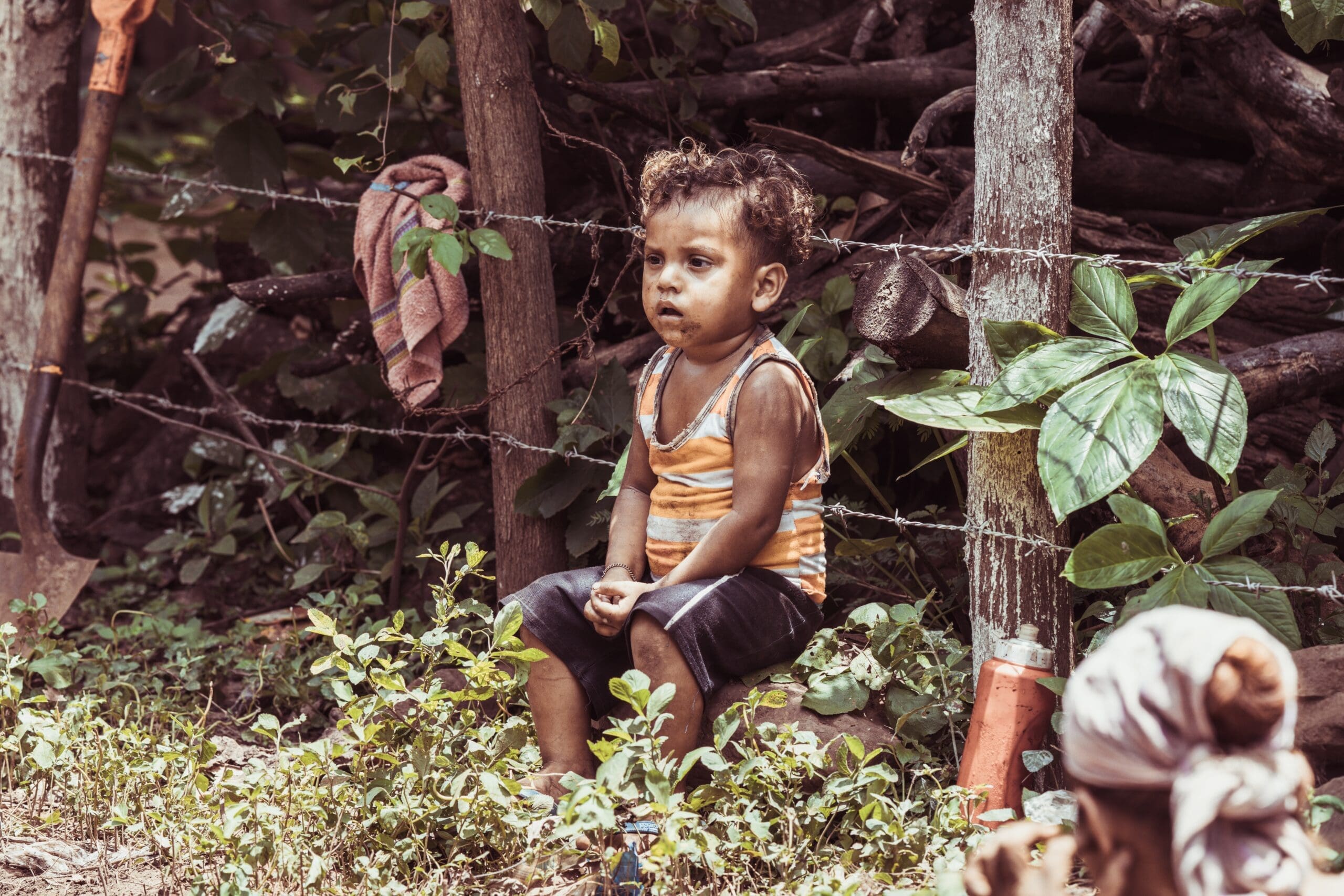
Poverty is a global concern. Poverty breeds hunger. And the most affected group of people is kids. Global hunger is the major cause of death in kids. Worse still, hunger can negatively impact a child’s growth and development. So, what are the real effects of hunger and poverty on kids? Read on to discover more!
Poor Overall Health
Children who suffer from constant hunger often grow up to become adults with severe health problems. They can end up developing asthma, heart disease, and kidney-related ailments.
Stunted Growth
This usually happens when a child is shorter than the normal height for their age. And it affects millions of kids below the age of five worldwide. Stunted growth can have adverse effects on your child’s self-esteem, especially when they mature into adults. That’s why you need to make sure that your child eats a well-balanced diet and has access to after school meals.
Weakened Immune System
Lack of food also brings about several ailments. For instance, a lack of vitamin A increases a child’s risk of becoming sick because it weakens their immune system. Zinc deficiency, on the other hand, affects a child’s gastrointestinal system, resulting in diarrhea and even death.
Psychological Problems
Lack of food and the fear of not knowing if they’ll get something to eat can lead to lifelong psychological issues. A child who experiences constant hunger could develop post-traumatic stress disorder (PTSD), trust-related issues, chronic anxiety, as well as, depression.
Being Underweight
Another problem that results from constant hunger is unhealthy body weight. Essentially, most of the children who suffer from this condition are found in Africa, Asia, and the US.
Impaired Learning
Going hungry deprives the brain of what it needs. And this impairs learning and brain development. Children who suffer hunger might find it hard to process and retaining information. Plus, they may not be able to perform well academically.
Why Is Child Hunger Still On Nowadays?
Being obese doesn’t mean your child isn’t malnourished. Obesity and malnutrition can both occur at the same time. They could be eating a lot of food that doesn’t contain proper nutrients.
When low-income families try to food put on the table, their choices come down to processed foodstuffs that are rich in calories but nutritionally lacking. Consuming too many processed foods can lead to concentrated levels of sugar, carbohydrates, as well as, fat in your child’s body. So, your child could be gaining weight while at the same time suffering from nutrient deficiency.
Child hunger is primarily caused by poverty. A child suffering from hunger grows up without proper nutrients. And this leads to difficulties in health, growth, and learning. Because of these challenges, the child might find it hard to find work when they mature into an adult. Plus, they might experience difficulty putting healthy food on the table for their own families. And the cycle of hunger and suffering continues over and over.
The Bottom-Line
Hunger is threatening many children’s well-being. Besides education, hunger can have long-lasting effects on your child’s health. That’s why organizations like Kroger’s Zero Hunger Zero Waste were established. The above guide highlights some of the effects of poverty and hunger can have on children.

Be the first to comment